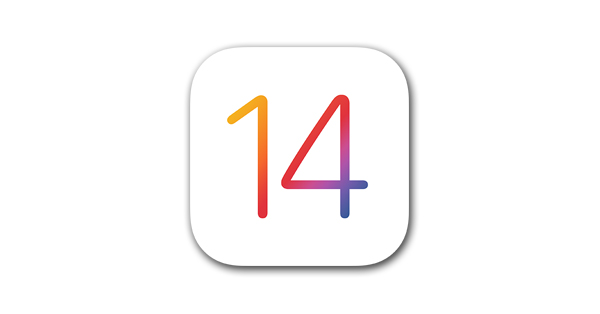Apple has officially released iOS 14, the fourteenth major release of its mobile operating system for compatible iPhone and iPod Touch devices.
iOS 14 that is the successor to iOS 13, was first announced by Apple at its 2020 Worldwide Developers Conference, and later officially announced on Apple's Event on September 15.
The version of the operating system introduces a lot of new features and functionality.
From the awaited App Clips, updated CarPlay, home screen widgets, App Library, a more compact interface, picture-in-picture, improvements to Siri and Search, improved privacy, and a lot more.
While there is a range of compelling new features, the release that comes only a day after its official announcement, is giving developers headaches.

Apple only gave developers a day before the official iOS 14 launch. This complicates the testing of apps and their debugging processes.
Not only is it is a headache for developers, the quick release of iOS 14 can also create some disaster to iPhone owners who expect a smooth transition from previous iOS releases. This is because developers that had only a day if they wanted to meet the day-one release, had to quickly push their apps through Apple's formal App Review process.
This in turn can make apps that were not fully polished, to be published on Apple's App Store.
As a result, apps may have bugs yet to be squashed.
Usually, Apple gives iOS developers about a week's notice before a new version of the operating system goes live.
While iOS 14 has been relatively stable, developers suggest users to delay the upgrade for at least a few days or a week. This also reflects some mishaps Apple made when releasing iOS 13, which was full of bugs in its earlier releases.
Apple's iOS 14 was met with criticisms before its official launch.
Earlier, Apple said that apps are required to ask users for access to "ID for Advertisers" (IDFA) before they can ever access it. Apps with trackers may not operate like they would or should, and iOS will also block apps that want to access a phone's sensors without permission.
The most notable that complained, was Facebook.
The social giant said that the transparency requirement can hurt the advertising targeting.
Facebook said that "despite [their] best efforts, [the changes] may render [their tracking] so ineffective on iOS 14 that it may not make sense to offer it on iOS 14" and Facebook apps on iOS 14, including Facebook, WhatsApp, Instagram, Messenger, and a host of others will no longer collect users' IDFA.
Due to criticisms from Facebook and many others, Apple in early September announced that it is delaying the privacy feature.
Related: Apple Revised Its Rules About Streaming Game Apps, But With Big Restrictions
